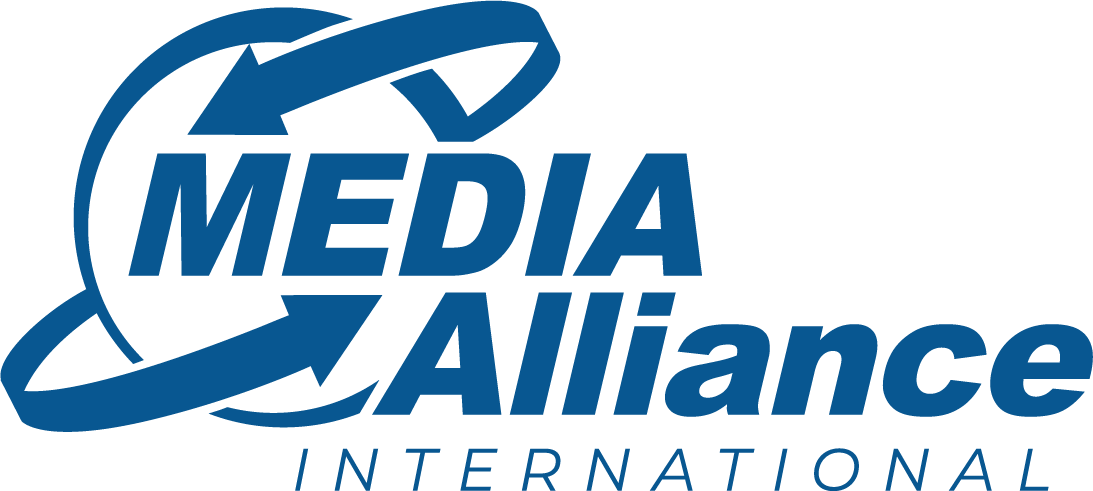I’m going to guess that this has happened to you.
You meet someone. They give you their name. And three minutes later you can’t remember it! You are reduced to calling them “friend” or “brother/sister” because you cannot pull up the name you just heard. I know. It’s embarrassing. Been there…and ashamed to say I have done that.
Did you ever take time to wonder why that happens far too often? For most of us, it is not a memory problem. It is a focus problem. We are not actively listening.
My friend Bob Tiede recently posted excerpts from a book by Heather R. Younger on that very topic. In the book The Art of Active Listening, the author identifies the value of active listening.
“Active listening is about making a conscious effort to hear and understand someone else. When we actively listen, we demonstrate concern, limit our interruptions, and ask open-ended questions. We commit all of our attention to the speaker…”
Most of us have had the experience of talking with someone who keeps looking beyond us while we visit. We know right away they are not totally focused on us and what we are saying. Sadly, most of us have done the same thing to others.
Mark Cole with John Maxwell’s leadership organization recognizes the importance of active listening:
“Listening is one of the most valuable tools a leader has in his or her tool belt. Unfortunately, the busier we are and the higher we climb in the organization, the more difficult it becomes to listen.”
Cole has suggestions to help make all of us better listeners. Here are a few:
- Look at the Speaker – It may sound simple, but it’s absolutely the first step to effective listening. Don’t shuffle through papers or your phone while someone is talking to you. Make eye contact and lean in.
- Don’t Interrupt – It is important to give people the time they need to express themselves.
- Focus on Understanding – The best listeners aren’t the best because they can remember facts about what was said; they are the best because they understand the purpose and meaning of what was said.
- Ask Questions for Clarity – There is an art to gently asking clarifying questions, and the best listeners have mastered it.
- Always Make Listening Your Priority – It shows how much you value the other person.
Solomon reminded us how important it is to listen, and to listen carefully:
Spouting off before listening to the facts is both shameful and foolish.
Proverbs 18:13 NLT
A powerful example of God listening to His children is found in Psalm 40. David is in the pit of despair. When he cries out to God, the Lord not only hears him, but God also focuses on him as He listens.
I waited patiently for the Lord; and he inclined unto me, and heard my cry.
Psalm 40:1 KJV
The visual image is of God leaning forward to focus in on David as he cried out for help from the mire and mud of his self-made pit of despair. What an example.
Do you give that type of attention to those around you? Do you focus on what they are saying? It goes way beyond just remembering someone’s name when you meet them. But it can certainly start there.
God’s best,
Related Posts
May 20, 2024
Are you getting older?
Sorry if that question sounds like a downer. Actually, getting older is not…
0 Comments4 Minutes
May 13, 2024
How’s your heart?
A quick internet check shows me that heart disease, including heart attacks, is the…
0 Comments3 Minutes
May 6, 2024
Is there an “uncomfortable” zone?
We often talk about our “comfort” zone, the place where we feel...well...comfortable.…
0 Comments4 Minutes






